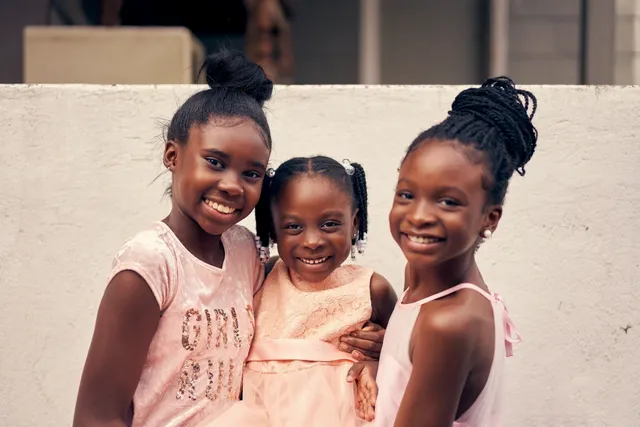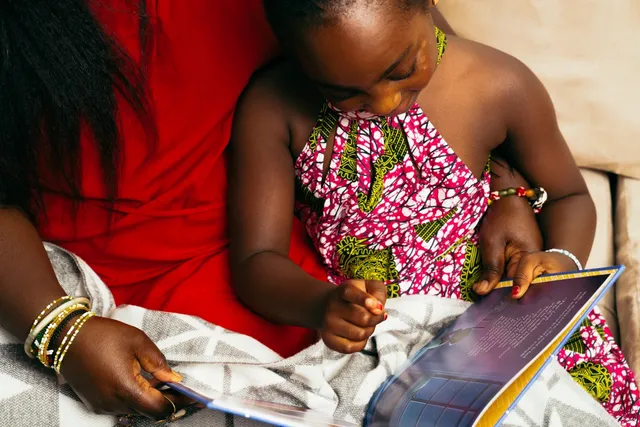The Covid-19 recovery effect... Nouveau monde
Low and middle-income countries have limited resources to deal with the social and economic disruption created by COVID-19. Vulnerable populations across Africa resulted with the reduced ability to access healthcare and a daily sustaining diet. These effects have widened health and wealth inequalities adding anxiety, isolation and fear across the continent.
Colleges, schools and universities closing during COVID-19 meant the majority of Africa’s youth received no education. Rural areas are mostly affected and less likely to have resources to adapt and continue education during school closures.
Limited access to electricity, internet, computers and televisions has left many students unable to engage in remote learning.
The start of 2021 saw Africa prepare for the vaccine rollout. Officials in Africa say 60% of Africa's 1.3 billion people will need to be vaccinated against COVID-19 in order to achieve continent-wide herd immunity.
New COVID variants are spreading across the continent, and this makes the acceleration of vaccine distribution urgent to slow down the spread of COVID-19. The biggest challenge now is securing enough vaccines. African countries on the whole face a long wait to receive Covid-19 vaccines. Orders received so far are not enough to meet demand. Another challenge the continent face in the vaccine rollout is the logistical constraints, including the need for deep refrigeration of some of the vaccines. Authorities in Senegal said they may not have capability to store some of the vaccines that require ultra-low temperatures.
Never before has the need for infrastructure felt so urgent.

The continent is still dealing with inequality, poverty and poor infrastructure. Some African countries have started vaccination using COVAX-funded vaccines and South Africa is preparing to purchase the Johnson & Johnson’s Belgium-based vaccine. Burundi, Madagascar and Tanzania have so far said they have no plans to acquire vaccines.
A change of mindset from the African leadership to rid the continent of COVID-19, as well as help and support is needed from the United Nations, to assist vulnerable isolated communities.
Africa’s population of 1.3 billion people, also struggle with getting proper democratic governance.
Africa’s significant challenges:
*Health services
*Gender inequality
*Infrastructure (roads, renewable energy, sanitation)
*Environmental sustainability and climate change initiatives
*Law and justice system
*Financial market governance and regulation
*Good public sector governance (regulatory governance, transparent and accountable financial management of government services)
*Information and Communication Technology
*Job creation
Infrastructure is critically important in supporting economic growth and development as it can aid in education, security and climate change initiatives. The continent’s infrastructure gap is enormous and poses a threat to it’s development. It’s vital that new infrastructure fully integrates future climate changes into it’s planning and development.
Covid-19 and climate change are major challenges for Africa and the rest of the world. The world hopes that COVID-19 will be under control in the next few months. Climate change is a different matter, a long term issue that will impact future generations. The African continent is losing the battle to prepare against climate change due to rising green house gas emissions, locusts infestation, deforestation, poaching and rampant urbanisation.

The youth remains hopeful of a safe and healthy Africa.
Some schools and colleges are looking forward to opening again from March 2021. African leadership must make efforts to be over inclusive, pay special attention to children who were excluded from education due to other causes prior to the pandemic. This highlights how urgent it is for governments to urgently act and invest to improve technology for their educational and governmental institutions. This must be done by carrying out due diligence to ensure that privacy rights and infrastructure are protected from misuse, as well as secure public service delivery.
The price of freedom, growth, security and sustainability is constant vigilance. Africa’s future will be determined by African leaders. It’s time to act, rethink and envision a better future.
Please follow ecoafriq:
https://www.instagram.com/ecoafriq/
Be a part of change and share moments. Sign up now to support our work.
https://ecoafriq.substack.com/

